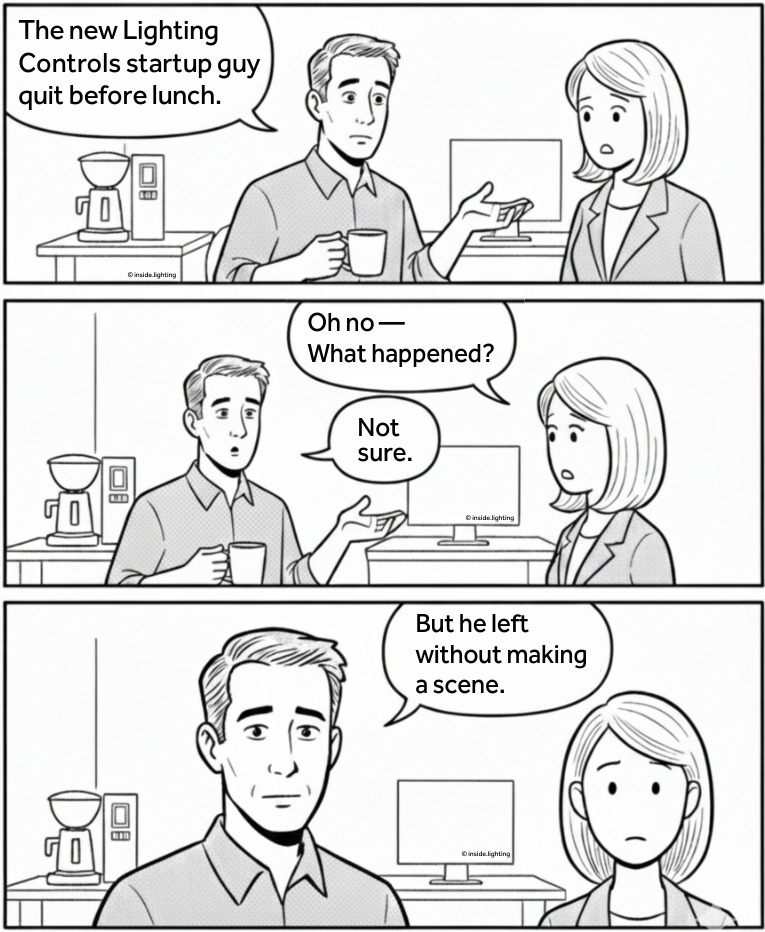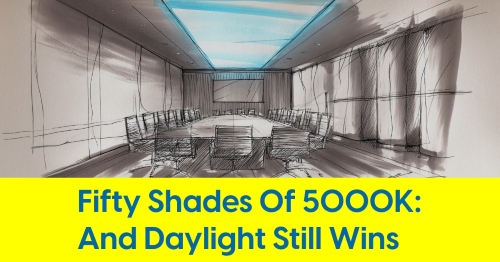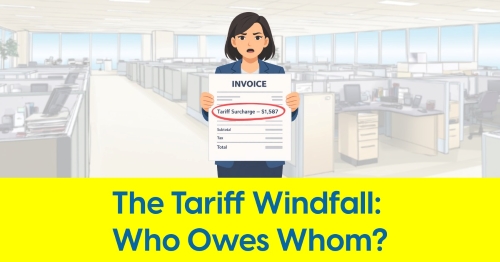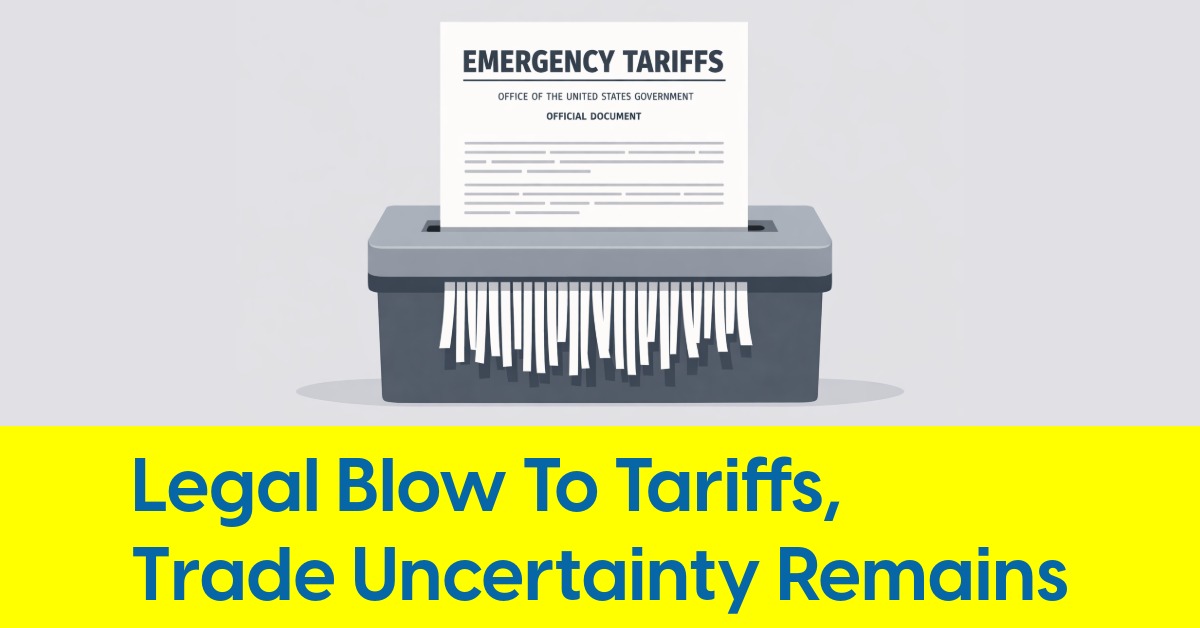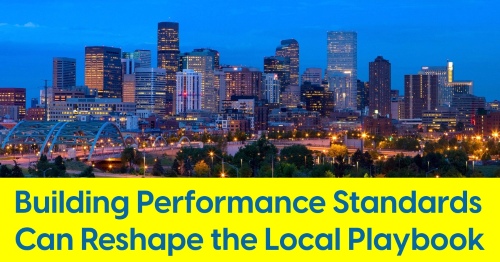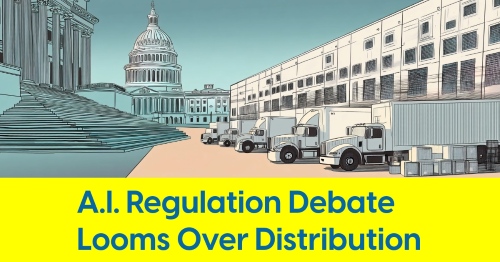October 15, 2024
Carbon Credit Fraud Exposes Third-Party Verification Flaws
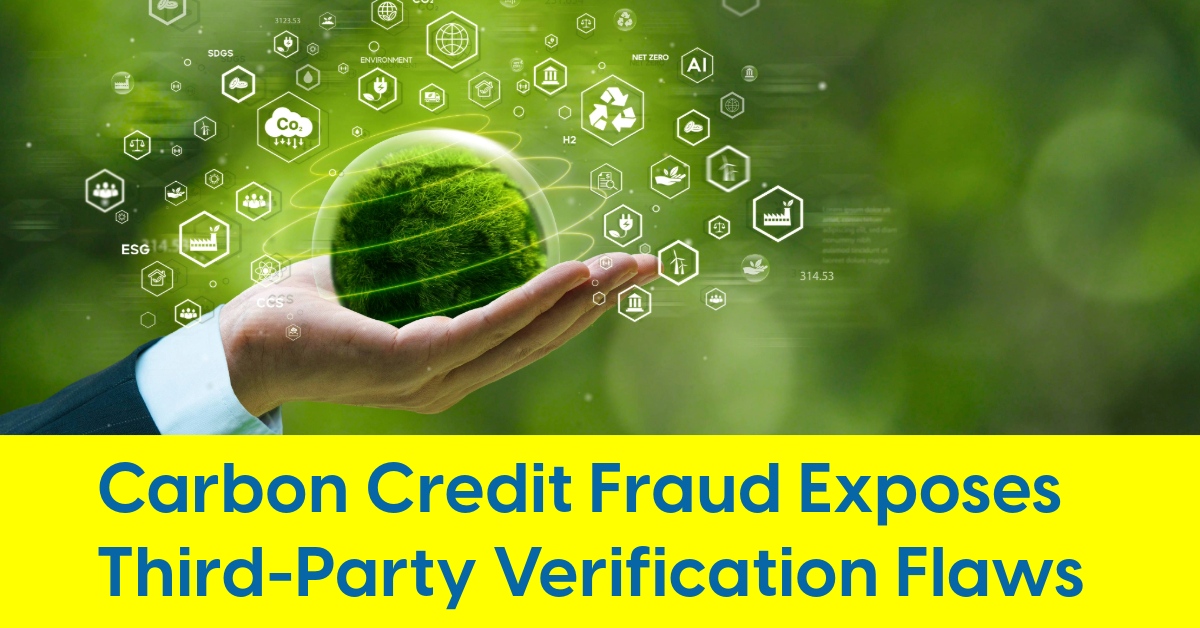
Company falsified data to fraudulently acquire carbon credits for global projects
A multi-year fraud scheme orchestrated by CQC Impact Investors, headquartered in Washington, D.C., has raised concerns about the reliability of third-party reports used to verify carbon emissions reductions. The case, which involves falsified data related to carbon credits, could impact companies publishing long-term carbon goals that depend on external verification.
CQC Impact Investors was one of the world’s largest carbon credit project developers. Kenneth Newcombe, the company's CEO from Santa Barbara, California, and Tridip Goswami, Head of CQC’s Carbon & Sustainability Accounting Team, face criminal charges for fraudulently obtaining millions of dollars worth of carbon credits through manipulated data.
While there is no evidence that any lighting manufacturers used CQC for carbon credits, this case highlights the risks that come with depending on external verification systems.
Fraudulent Data Manipulated Carbon Credits
The fraudulent activities revolved around both LED lightbulb and cookstove projects. The LED projects, designed to replace less efficient incandescent bulbs in rural areas, were a significant source of manipulated data. CQC misrepresented the number of lightbulbs installed and their operational efficiency, inflating the amount of carbon credits the company was entitled to receive.
These projects followed a methodology that compared the energy savings of the LED bulbs to the baseline scenario of using incandescent bulbs. CQC exaggerated the energy savings, resulting in millions of voluntary carbon credits (VCCs) being issued. These VCCs were then sold to unsuspecting buyers, with the carbon credit registry publishing the false data provided by CQC.
Cookstove Projects Also Manipulated
In addition to the LED lightbulb projects, CQC engaged in fraudulent practices related to cookstove installations in rural Africa and Southeast Asia. The cookstove projects aimed to reduce emissions by installing more efficient stoves. However, CQC falsified the data on the number of operational stoves and their effectiveness in reducing emissions, once again leading to inflated carbon credits.
Both the LED and cookstove projects were part of a broader scheme to mislead third-party verifiers and the carbon credit registry, resulting in millions of carbon credits being fraudulently obtained.
Third-Party Reports Under Scrutiny
The fraudulent scheme sheds light on the vulnerabilities of third-party verification in the carbon credit market. Many manufacturers, including those in the lighting industry, have set ambitious carbon reduction goals that rely on the accuracy of third-party reports.
U.S. Attorney Damian Williams emphasized the importance of maintaining the integrity of the carbon credit market: “The actions of CQC’s leadership have undermined the trust in a system that is crucial for the fight against climate change.”
Legal Consequences
Newcombe and Goswami face charges of wire fraud, commodities fraud, and securities fraud, each carrying potential sentences of up to 20 years in prison. While CQC itself has not been prosecuted, due to its voluntary disclosure of the misconduct and cooperation with authorities, the company has been fined $1 million. Despite the company avoiding further prosecution, the individuals involved will face serious legal consequences for their actions.
This case serves as a cautionary tale for companies across industries about the importance of thorough verification processes when it comes to carbon credits. The integrity of these systems is essential for companies to meet their sustainability commitments and ensure that their environmental claims are backed by reliable data.
